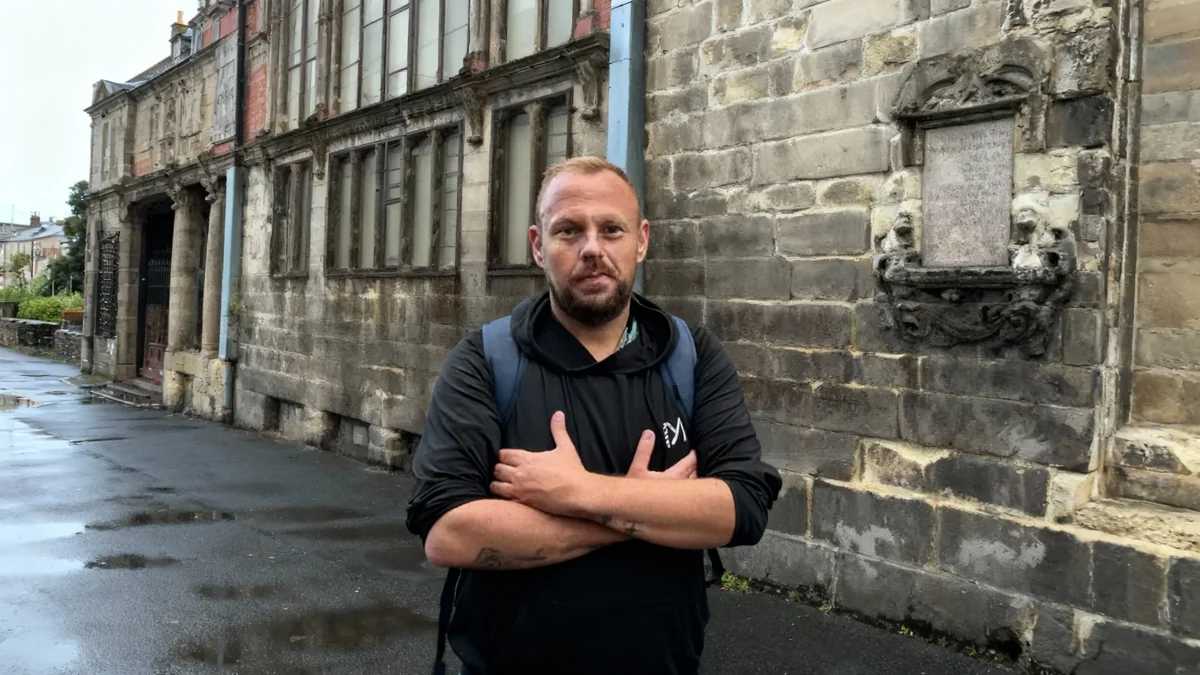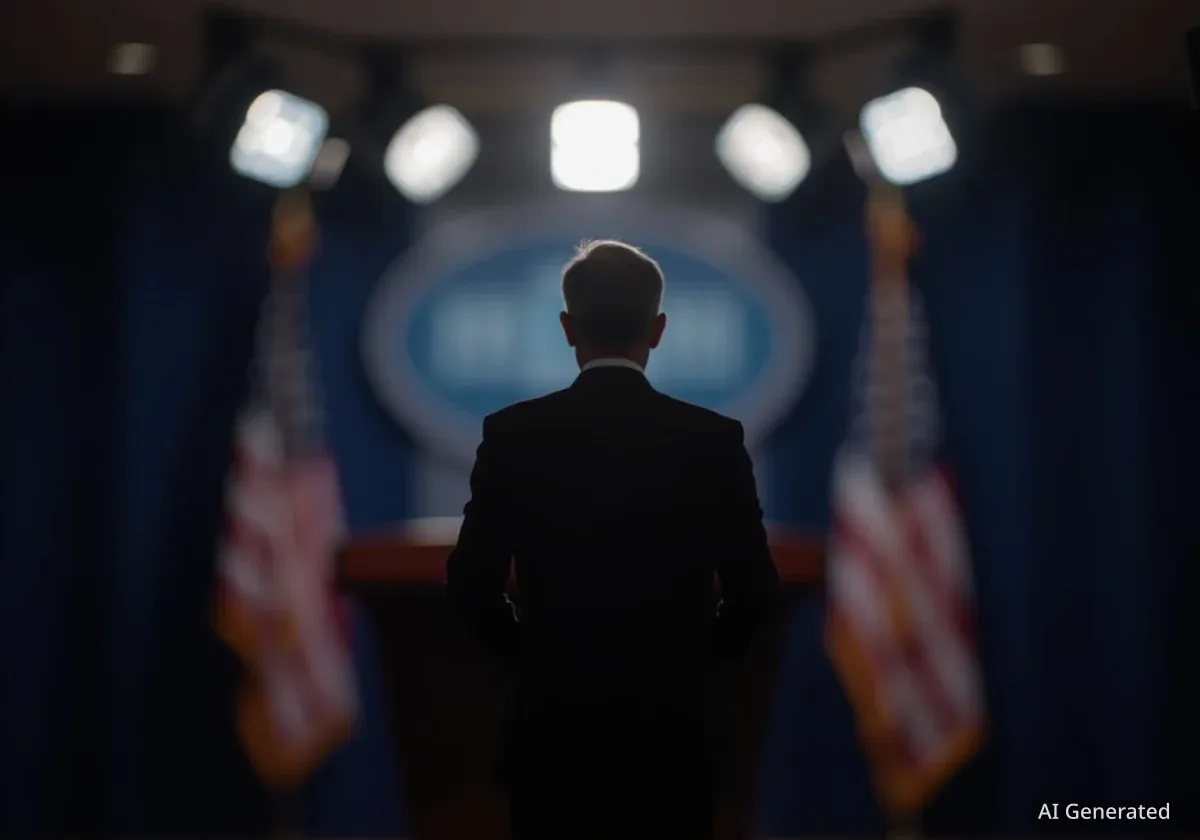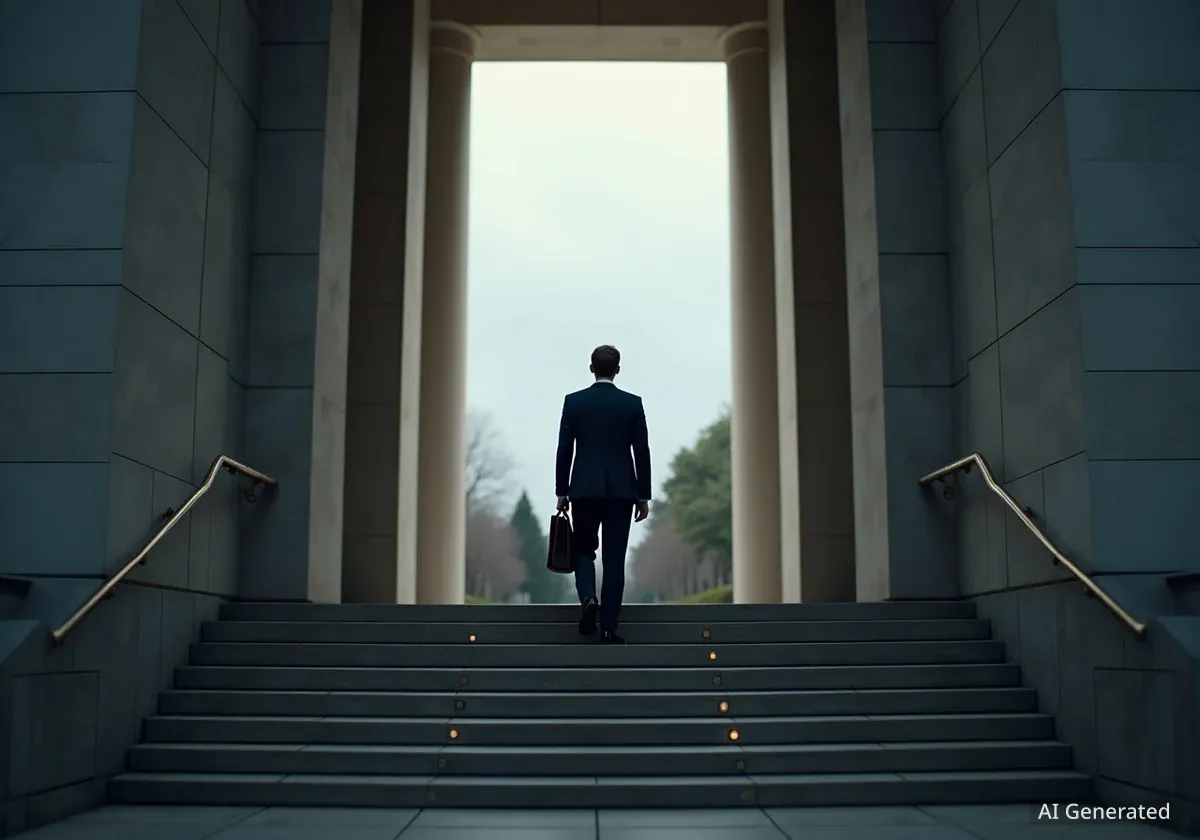Prime Minister Sir Keir Starmer is arriving in Liverpool for the annual Labour Party conference, facing significant pressure from his own backbench MPs and major education unions to abolish the two-child benefit cap. The policy, introduced under a previous Conservative government, is cited by campaigners as a key driver of child poverty across the UK.
Key Takeaways
- Sir Keir Starmer is under pressure from Labour MPs and unions to scrap the two-child benefit cap as the party conference begins in Liverpool.
- Liverpool MPs Kim Johnson and Ian Byrne are among those who have signed a letter calling the policy a major cause of child poverty.
- The Prime Minister has stated his government will take measures to reduce child poverty but has not committed to ending the cap.
- The Conservative opposition has vowed to immediately reinstate the cap if Labour removes it, citing fairness to taxpayers.
- Other key topics for the conference include a new digital ID system, plans for more "New Towns," and a potential youth mobility scheme with the EU.
Growing Calls to End Controversial Welfare Policy
As Labour delegates gather in Liverpool for their annual conference, which runs until Wednesday, the debate over the two-child benefit limit has become a central issue. The policy restricts Child Tax Credit and Universal Credit to the first two children in most families, a measure critics argue pushes thousands of families into financial hardship.
A coalition of voices, including prominent backbench MPs and leading education unions, is urging the Prime Minister to commit to its removal. Among them are Merseyside MPs Kim Johnson of Liverpool Riverside and Ian Byrne of Liverpool West Derby. They co-signed a letter to Sir Keir Starmer describing the cap as "one of the most significant drivers of child poverty in Britain today."
Reinstated MPs Stand Firm on Opposition
The issue has previously caused divisions within the party. Former shadow chancellor John McDonnell and Poplar and Limehouse MP Apsana Begum recently had the Labour whip reinstated. They were suspended in July last year for rebelling against the government by backing an SNP motion to abolish the cap.
Upon her return, Ms. Begum reaffirmed her stance, calling child poverty a "matter of conscience." She stated, "I will continue to oppose the two-child limit at every opportunity." Her position highlights the deep-seated opposition to the policy within certain sections of the Labour party.
What is the Two-Child Benefit Cap?
The two-child limit was introduced by the Conservative government in 2017. It prevents parents from claiming child tax credit or the child element of Universal Credit for a third or subsequent child born after April 6, 2017. Campaign groups like the Child Poverty Action Group argue it has had a severe impact, affecting an estimated 1.5 million children.
Education Leaders Voice Concerns
The pressure is not just political. A powerful group of education and public sector unions has also written to the Prime Minister. The letter, signed by the National Governance Association (NGA), NAHT, the Association of School and College Leaders (ASCL), the National Education Union (NEU), NASUWT, and Unison, details the real-world impact they see in schools.
"This poverty-producing policy is harming the lives of hundreds of thousands of children and young people in our classrooms, and we are calling on Government to put an end to this this autumn," the letter states.
This joint call from educators underscores the growing concern that child poverty is directly impacting educational outcomes and the wellbeing of students across the country.
Starmer's Stance and Broader Conference Agenda
In response to the growing calls, Sir Keir Starmer has expressed a firm commitment to tackling child poverty without specifically promising to scrap the cap. In an interview with the Guardian ahead of the conference, he made his intentions clear.
"We’re going to bring down child poverty. That is the clear intent of this government. It’s my clear personal intent," he said. He noted that a government taskforce is set to report on the issue, suggesting policy decisions will follow its findings.
Beyond the benefit cap debate, the Liverpool conference is expected to feature several major policy announcements. These include:
- Digital ID System: Plans for a national digital identification system, which Starmer described as a potential "bedrock of the modern state."
- New Towns: Senior Labour figures are anticipated to outline details for a new generation of "New Towns" to address housing shortages.
- EU Youth Mobility: Chancellor Rachel Reeves has indicated she wants the Office for Budget Responsibility (OBR) to formally assess a youth mobility scheme with the European Union.
Internal Party Dynamics
The conference also takes place amidst internal party discussions. Greater Manchester Mayor Andy Burnham has been prominent in the media, and Labour Chairwoman Anna Turley acknowledged the party has had "quite a challenging couple of weeks." She noted that some MPs are frustrated by what they perceive as leadership jostling.
Conservative Opposition Pledges to Reinstate Cap
The Conservative party has made its position unequivocally clear. Shadow Work and Pensions Secretary Helen Whately issued a stern warning, vowing that a future Conservative government would act swiftly if Labour were to abolish the policy.
"Let me be clear, if Labour were to scrap the cap, a future Conservative government would move swiftly to reinstate it," Ms. Whately said. She argued the cap is a matter of fairness, ensuring that families receiving benefits face similar financial decisions as those not on welfare.
She added, "We cannot allow short–term political gestures, designed to appease deputy leadership candidates and a splintering left–wing vote, to jeopardise the long–term sustainability of our welfare system." This statement frames the debate not just as a matter of poverty, but of fiscal responsibility and fairness to all taxpayers.
As the conference unfolds in Liverpool, the debate over the two-child benefit cap will test the unity of the Labour party and signal the direction of its social policy under Sir Keir Starmer's leadership.





